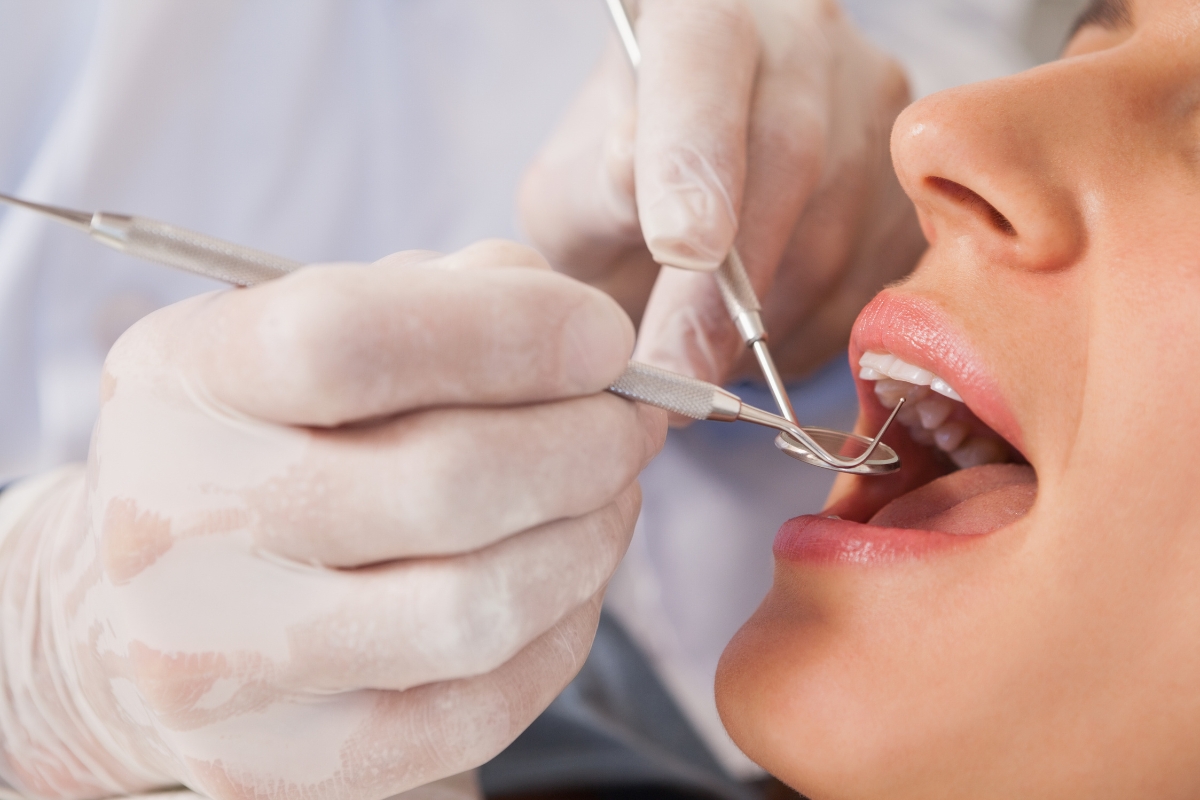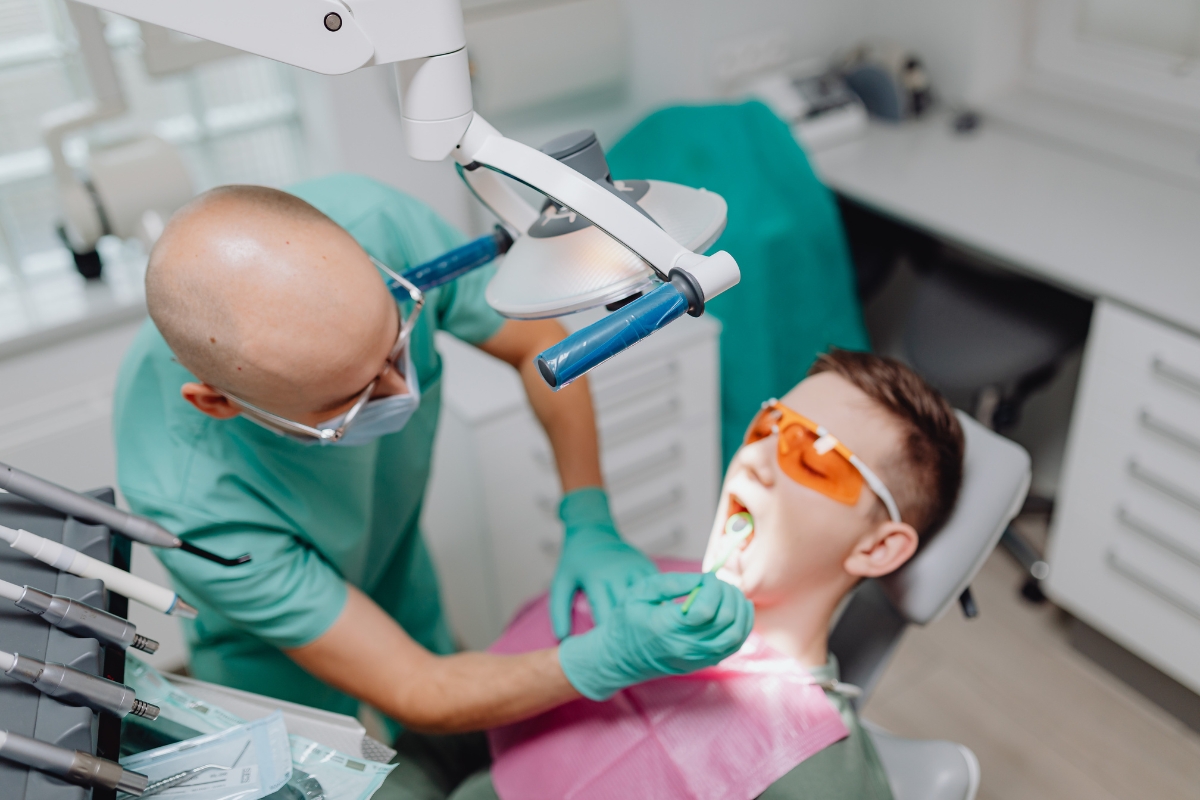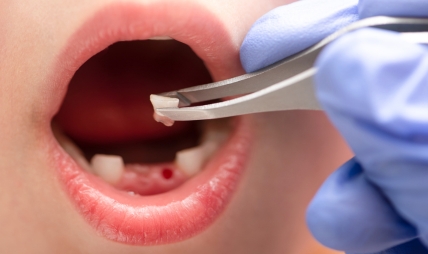8092 Edwin Raynor Blvd # D, Pasadena, MD 21122

A burning pain sets in. You’re slowly registering each beat of your jaw and the pain of sore jaw with it. You knew to anticipate some soreness after you got your tooth pulled, but this? This is different. What do you do now? Do you just grin and bear it, or are there better tips to handle pain without irritating things further?
The First 24 Hours: Critical for Healing
The first few hours after extraction determine the course of your recovery. Your body is working overtime to create a clot at the extraction site—a natural bandage that protects you from bleeding too much and keeps infection away. Here’s what you have to do to have a smooth beginning:
- Bite down on gauze – Pressure on the extraction site helps prevent bleeding. Replace the gauze every 30–45 minutes or as instructed.
- Skip the rinse—for now – Swishing too early can loosen the clot, resulting in a painful dry socket.
- Use a cold compress – Ice packs on the outside of your cheek (10 minutes on, 10 minutes off) reduce swelling.
- Elevate your head – Lying flat can cause blood to flow to the area, resulting in more swelling and pain.
- Steer clear of straws and smoking – The suction pressure can dislodge the developing clot, putting you behind in the healing process.
Pain Peaks Within 48 Hours—Here’s How to Handle It
It’s normal for pain to peak during the first two days after tooth extraction as swelling rises. That’s where intelligent pain management comes in:
- Medication matters – Take pain medications as directed or advised. Don’t wait until the pain becomes excruciating—stay ahead of it.
- Ice Packs can be your savior– Ice on the painful side of the jaw feels wonderful in the initial 24 hours. However, don’t forget to compress the operation site a day or two after extraction to relax your jaw muscles.
- Soft foods only – You should only have mashed potatoes, soups, steamed veggies, scrambled eggs, shakes, yogurt, applesauce, and smoothies to prevent the surgery site from irritating.
- Hydrate – Dryness can exacerbate discomfort. Just don’t drink hot liquids that can liquefy the clot too early.
- Rest, but don’t be a couch potato – Light exercise is okay, but heavy exertion can cause additional bleeding and discomfort.
Avoiding the Worst: Dry Socket and Infection
If you develop a sudden sharp, excruciating pain coming from the site of extraction to your ear or temple, dry socket could be the cause. It indicates the protective clot has been dislodged, and the underlying sensitive bone and nerves are exposed. Avoid it by:
- Following post-op orders to the letter – Your dentist’s instructions are there for a reason.
- No rough spitting or rinsing – Handle oral hygiene with care.
- Saying no to tobacco – Smoking can significantly increase your chances of dry socket.
- Looking for infection signs – Too much swelling, bad taste, fever, or pus? Call your dentist.
How to Speed Up the Healing Process?
Your mouth will heal fast, but that does not prevent you from letting it. Provide your body with what it needs:
- Maintain oral hygiene – Use a soft-bristled toothbrush and take extra care around the extraction area.
- Monitor pain management – If pain increases instead of decreasing after the third day, call your dentist.
- Rest adequately – Sleep aids your body in fixing things.
- Test saltwater rinses – Gargling gently after 24 hours with warm salt water prevents infection.
Smart Tips to Manage Pain Without Complication
Pain following a tooth extraction is not unusual, yet managing it properly makes all the difference. The following are the points that help:
- Don’t let pain get out of control – Be regular about pain relief and not wait till discomfort reaches the peak.
- Use ice strategically – Minimize swelling during the first day, then change to warm compresses as necessary.
- Be gentle when moving – Abrupt movements or leaning over can cause increased blood flow to the extraction area, exacerbating pain.
- Leave your tongue out of it – The urge to investigate with your tongue can interfere with healing.
By following these tips to handle pain, you’ll set yourself up for a smoother, faster recovery. Within a few days, the worst will be behind you, and your mouth will be well on its way to healing properly.
New Patients & Emergency
Appointments Welcome!
New Patients & Emergency
Appointments Welcome!




